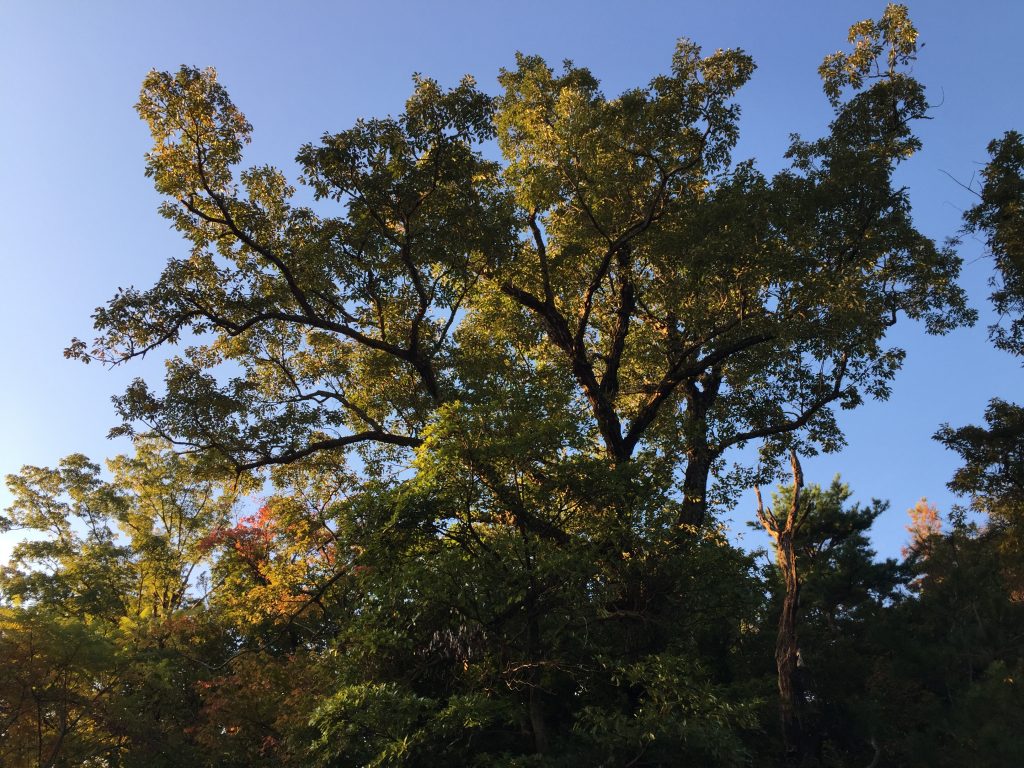I uploaded a new video.
The Ikigai Diet is a plant-based diet, but it isn’t necessarily a vegetarian diet. Actually, there is no rule about it and you can choose a style suitable to your body, your region, your family situation, and your age. You can be a vegetarian and still practice the Ikigai Diet, you can be a vegan and still practice the Ikigai Diet, and you can eat meat and still practice the Ikigai Diet.
So, the Ikigai Diet isn’t a non-vegetarian diet in that sense, and the question is why doesn’t the Ikigai Diet set the rule to be a vegetarian?
First of all, I support all arguments about vegetarianism. I have nothing against them. I agree with the ethical factor, the environmental factor, the health factor, and the spiritual factor. I respect and admire vegetarians and vegans for their discipline. It is wonderful to stick to their principle and be able to control their desire.
It is to do with doability. Yes, the biggest reason why I don’t make the Ikigai Diet to be a vegetarian diet is doability. It is simply difficult to practice the diet if you decide not to eat meat and seafood at all.
It is hard for your willpower, but not only that. It affects your social life, and it can cause nutritional deficiency.
As a result of that, I know many people who stop being a vegetarian after a few years, and some of them even turn to the opposite direction such as a Paleo diet, as a kind of rebound.
I wanted to create an easier option for people who find it difficult to stop eating meat completely. So, I incorporated a concept called Hare and Ke in the Ikigai Diet to make it more doable to practice a plant-based diet. Hare means festivals and celebrations. Ke means usual. In Japan, we made a distinction between the two, and usually, which is the time of Ke, we had simple frugal meals, and for festive occasions, which are the times of Hare, we had feasts. In the Ikigai Diet, I set the weekdays to be Ke and you can have a plant-based diet, and weekend to be Hare and you can include animal products in your diet. This way you only need to discipline yourself 5 days a week, and you can relax on the weekend.
It is so much more practicable, and a lot more people will be able to shift from their animal-based diet to a plant-based diet, and it will reduce the overall meat consumption.
The Hare and Ke diet has another benefit. Because you are limiting your meat consumption only to the weekend, you can afford more expensive meat such as grass-fed beef and free-range chicken. In other words, you can reduce the consumption of factory-farmed meat as much as possible.
I know some people are against even grass-fed and free-range meat because you are still killing animals at the end of the day. I understand that point of view. It is a question of how far do you want to go with it?
I don’t support factory-farming at all, but I think traditional family-scale pastoral farming has its place in our society. It has been practiced for many centuries, and for some regions such as England, it is the most suitable farming method.
Pastoral farming provides organic animal-based fertilizers for growing crops and vegetables. I know there are ways to farm with organic plant-based fertilizers, too, such as natural farming, but it is more difficult and it may not be doable for many farmers.
When you think of practicality, you need to think about that of the farmers, too, not only that of the consumers. After all, they are the ones who produce your foods, and you want to support them by offering options.
In Japan and other Asian countries, we have a concept called Yin and Yang, which is a little different from the Western view of black and white. We don’t look at things in terms of good and evil, or right and wrong. Yin and Yang are just different qualities, and none of them is bad. It becomes bad when you become extreme, and you want to keep the balance. Therefore, when we look at things like vegetarianism, we don’t perceive them with a linear thinking pattern, we look at them holistically to see all factors without making judgments.
Anyway, the majority of meat production is done through big corporate factory-farming, and the majority of the world population is consuming their products. We need to stop this system and if shifting to organic meat can attract some people to reduce their consumption of regular meat, I think leaving this option is helpful.
That is the reason why the Ikigai Diet isn’t a vegetarian diet, but it is all up to each individual. You can be a vegetarian if you like. Do whatever you feel comfortable with. Do whatever is convenient and doable in your circumstance. Your family situation counts, too. If other members like to eat meat, by incorporating Hare and Ke method, you can share meals with them more often.
The Ikigai Diet: The Secret Japanese Diet to Health and Longevity
POD Paperback
https://www.amazon.com/gp/product/4991064864
Kindle
